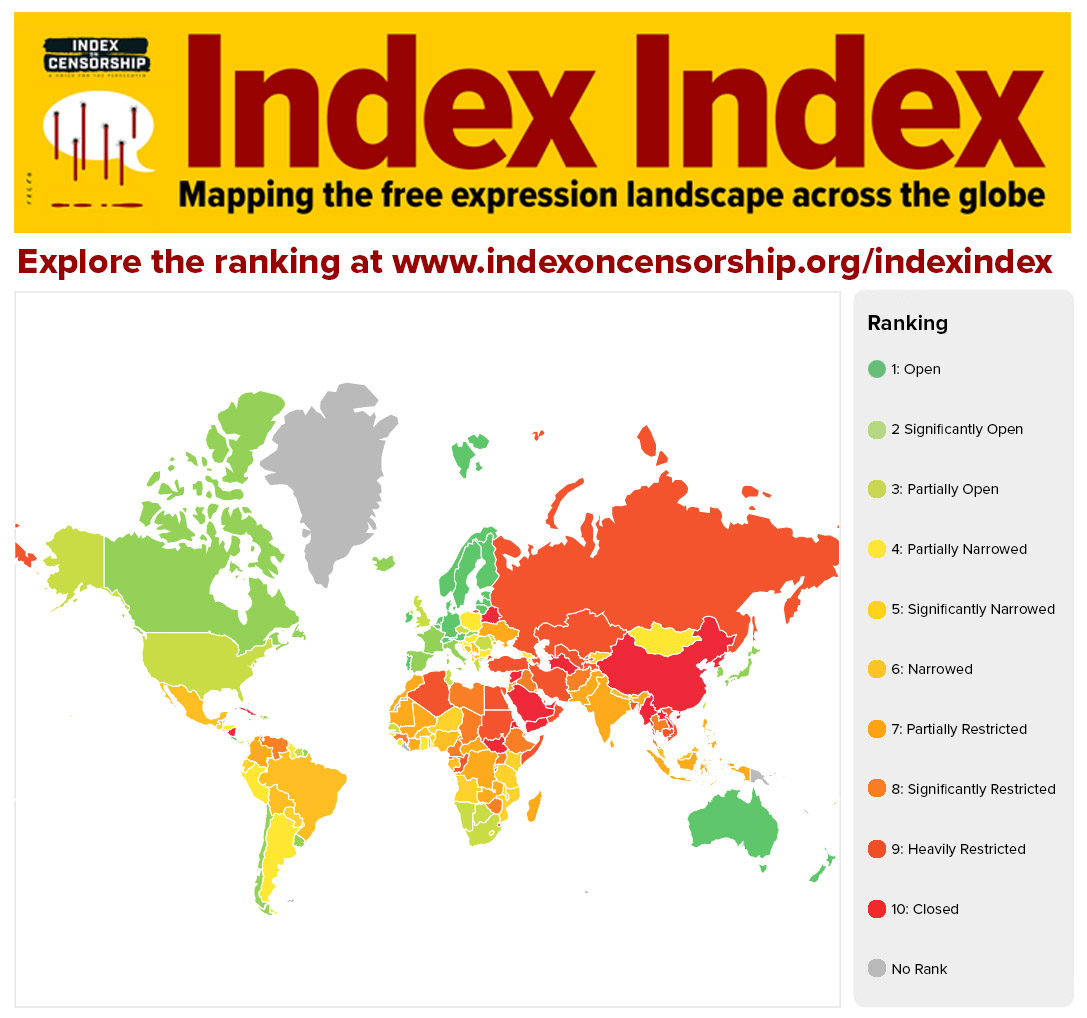YouTube filed lawsuit against the Russian government on 11 February, to contest its latest cybercrime law to censor websites deemed harmful to children. The case was filed after Russian regulators decided to block a joke YouTube video entitled ”Video lesson on how to cut your veins =D,” which showed viewers how to fake slitting their wrists. Rospotrebnadzor, the federal service for consumer rights, said the video glorified suicide and was therefore illegal under the law enacted in November, which has been criticised for being vague and overtly broad. YouTube owners Google proceeded to restrict access to the video in Russia before the lawsuit was filed. In the first legal challenge made against the law, YouTube objected to the ruling in a statement released on 12 February, saying that the law should not extend to limiting access on videos uploaded for entertainment purposes.

An Indian soldier stands alert in Srinagar, Kashmir during a curfew to curb protest over the hanging of Afzal Guru
A politician in Azerbaijan has offered a cash reward to any person who finds and cuts of the ear of an author who wrote a book about the conciliation of Azeris and Armenians, it was reported on 12 February. Akram Aylisli’s book Stone Dreams has stirred up controversy for referencing Azerbaijan’s violence against Armenians during riots preceding the collapse of the Soviet Union. The party of Hafiz Haciyev, the head of a pro-government political group in Azerbaijan have offered 10,000 manat (£8,000) for the ear of the writer, as part of a sustained hate campaign against Haciyev. He has been expelled from the Union of Writers, had his presidential pension revoked and his wife and son have lost their jobs. Protestors around the country have burned books and effigies of Haciyev. As Azerbaijan’s President, Ilham Aliyev approaches re-election later this year, the sustained negativity projected onto Haciyev is said to be a facade to hide the government’s internal issues amidst growing unrest.
Following protests in Kashmir over the execution of a man convicted of terrorism on 9 February, Kashmir’s internet and news outlets have been suppressed, and the entire Kashmir valley subjected to a strict curfew. Television channels and mobile internet were suspended immediately after Afzal Guru was hanged on 9 February. Local newspapers were forced to cease reporting the following day without warning — and have yet to be published since. Only the government, using state run service provider Bharat Sanchar Nigam Limited, has access to the internet. Some residential districts of Srinagar reported to receive some TV news channels on 10 February, but privately-owned channels had to suspend news services at the request of the government. Afzal Guru’s execution in a New Delhi prison on 9 February prompted protests in three areas of India administered Kashmir, surrounding claims the men accused were given an unfair trial. Guru was sentenced to death for helping to plot a 2001 attack on the Indian parliament that left 14 people dead.
In Somalia, a journalist has been detained without charge for defending press freedom, after a woman who claimed she was raped and the journalist who interviewed her were imprisoned. Daud Abdi Daud remains in custody since 5 February, after he spoke out in a Mogadishu court against the one year jail sentence given to Abdiaziz Abdinuur and the alleged rape victim on 5 February. Daud Abdi said journalists should be able to interview who they wish, saying he would make attempts to interview the president’s wife, causing the police to arrest him. Daud Abdi was later transferred from police custody into Mogadishu Central Prison. On 6 February, the attorney general ordered his continued detention at the Police’s Central Investigation Department.
Carmarthenshire County Council’s decision to pursue a libel case using public funding has been criticised. The council’s chief executive Mark James appeared in London’s Royal Courts of Justice today (13 February) where he and blogger Jacqui Thompson are suing each other for defamation following a series of comments posted online. James’s costs were indemnified by the council after a controversial decision in 2008, allowing public money to be used to fund libel lawsuits. Carmarthenshire County Council is believed to be the only authority to allow this in the UK, and the Welsh Assembly has questioned its legality, after an order they made in 2006 forbade local authorities from offering indemnities in libel cases. Carmarthenshire County Council said they had relied upon section 111 of the Local Government Act 1972, rather than the 2006 law. The case likely to cost a six or seven figure sum, according to reports.


